Hey there Insider,
Perhaps this episode was more for me than for you. Perhaps I am in need of exploring my own deep biases. Either way, I invite you to listen to this episode, even if you think you have nothing to learn from this one … Because let me tell you when we think we have nothing new to learn and that we already know it all, that is the time we need to stop and reexamine our thinking. That’s the time when most likely our unconscious biases are being acted out in full force.
In this episode, I shared a personal experience from my early corporate career. It all started when I was called to the HR department for a diversity and inclusion initiative. Little did I know, this encounter would expose me to the power of unconscious biases – on a meta-level. This experience made me realise how biases can shape our perceptions even in seemingly inclusive environments.
Our brains are incredible storytelling machines, always seeking to make sense of things. With limited information, our minds quickly form assumptions and conclusions, often bridging the gaps where knowledge is lacking. Unfortunately, this automatic thinking process can lead to unconscious biases.
You might be thinking, "I don't have biases," but here's the truth: we all do. It's a natural part of our survival instinct. Our minds rely on these biases as shortcuts for faster information processing. But here's the catch: these biases can do harm when they influence our gut instinct reactions, assumptions, and decisions.
Becoming aware of our biases is the first step towards preventing unnecessary harm. Just like me, you have the power to reduce the impact of your biases. It starts with acknowledging that unconscious biases exist even within yourself. Recognize that your mind's stories are based on limited data, not necessarily the truth.
To challenge your habitual thinking, adopt a healthy suspiciousness of your mind's stories and conclusions. Question your beliefs and decisions, even when they feel right. Take steps to own your personal biases, reflect on your behaviours, and introduce measures to reduce and eliminate bias from your actions.
One of the key techniques is making more informed decisions. Slow things down, breathe and gather your thoughts before responding. Don't simply blurt out the first thing that comes to mind. Additionally, pay attention to your behaviour and reactions. Question your first impressions and extreme reactions to people or situations.
Another powerful step is to expose yourself to diverse perspectives. Spend time with people from different cultures or backgrounds. Seek out new schools of thought and challenge your own beliefs. By adding more information and collecting more data, you can evaluate your assumptions more objectively.
Remember, biases are a natural part of being human. But by raising our awareness and making conscious efforts to challenge our thinking, we can reduce their impact. Let's strive to create a more inclusive and fair world, both in our personal and professional lives.
If you want to hear more about this fascinating topic and gain valuable insights, be sure to listen to the full episode of the podcast, The Blind Spots Within: Unearthing and Addressing Our Unconscious Biases, on Inside the Comfort Zone, or read the transcript below.
Until next time, stay curious and stay comfortable. 🙏
Adam
A long time ago, when I was still in my corporate career, and I was just about to join the senior management team at the age of 24, I was called to the HR department. They were doing a review of their diversity and inclusion initiatives.
I was met by a happy HR representative, who was quick to congratulate me on the achievement of having become one of the youngest to ever join the senior management level of the company. The representative wanted to ask me some questions and fill out a few fields in her survey to be submitted to the national office for record keeping.
The representative asked me about my background, assuming that since I had a non-Swedish surname I was of a different nationality, and she inquired about my parents and when they came to the country etc. During the conversation, it became clear that not only was she assuming that I was an immigrant but she also made some references to my sexuality, assuming that I was gay.
Now, in Sweden, in the company culture that I was part of, it wasn’t really an issue for a colleague of mine to candidly talk about my sexuality – I’m not saying that it was right, I’m simply saying that I personally didn’t take any offence.
The interview was not as much of a success as the HR representative had hoped for. Here she was thinking that they'd hit the diversity jackpot with my recruitment for the senior management team: a young immigrant gay man.
Unfortunately for my organisation,I wasn’t an immigrant. Both my parents were born in Sweden, although to immigrant parents, but I was born and raised in Sweden. And I wasn’t gay. This was one time where I was exposed to stereotyping and biases in my professional career.
Please understand that in no way am I comparing my story or experience with other minorities or marginalised people – since I am still a cis male.
I did want to point out the funny and very meta situation of someone conducting a diversity and inclusion survey thinking they had a strong candidate for inclusion, only to see how this was all based on unconscious biases. Something that is present for ALL of us.
You might have heard me reference a saying before, that goes something like this, 90% of your thinking is recycled thinking from yesterday. Now this has implications on the potential of your life or career (which of course can be worked on … ), but another thing that this saying is pointing towards is the automatic thinking process that is going on for you on a day-to-day basis.
And whether you know it or not, your decisions, behaviours and actions are informed by these recycled thoughts, instincts and automated thought-patterns, which influences your professional life as well as your personal life, AND it influences other people too, from the way that you interact with them at work, at school or at home.
I’m sure that you, like me, like to think that you’re a rational person making fair and informed decisions, assumptions and conclusions. Unfortunately, that is often not the case.
Your brain is bombarded with around 11 million bits of information every second, and you're only able to consciously process about 16-40 bits of that information. That’s a lot of bits of information that ISN’T consciously processed! So what happens with the remaining bits of information?
It gets processed in your unconscious mind, and these subconsciously categorised bits of information take the shape of feelings, thoughts, instincts and beliefs, and get transformed into unconscious prejudices.
The human brain is a storytelling machine, always looking to make sense of things. Given only a few bits of information your brain will immediately come up with a story and an explanation – based on assumptions and conclusions often bridging gaps where there’s an absence of information.
This process is fast and automatic because it relies on your intuitive thinking. Unfortunately, your brain can’t fathom what it’s missing—it’s optimised for coherence, not correctness. And this process leads to you developing unconscious biases.
Unconscious bias, also known as implicit bias, is when we act on learned assumptions, beliefs, stereotypes, or attitudes formed from our (at times limited) understanding, experiences, upbringing, and environment, which for the most part exists and happens in the subconscious.
These biases fulfil an important role in your survival – unfortunately. What a bias helps you do it so create a mental shortcut, for faster information-processing.
In my episode about The Danger of Black and White Thinking, with Mark Staelgraeve I unpacked the prime directives of your mind, which is to keep you alive, by protecting you. Part of your mind's strategies is to predict in order to protect. Another way to increase your chance of survival is to preserve your energy.
When you don’t have to exert energy or effort into evaluating threats you have more resources available for other things. Typically you’ll rely on your unconscious processing ability to handle about 99 percent of the information you process.
That is a lot of blind spots – a lot of things you’re simply unaware of that are going on and going into your decision-making and the actions you make. And this is how your unconscious biases can do so much harm, when you act on your gut instincts, knee-jerk reactions, or assumptions. It seems like the most natural thing to you, to assume or conclude a certain thing, and then in reality, it’s enforcing an unfair or even harmful assumption which can have serious consequences in your personal or professional life.
This means that people affected by your actions might be unfairly judged, discriminated against or favoured without you being completely aware of it.
Perhaps right now you’re thinking, I’m sure Adam’s right, but I don’t think I have a problem with this … And this is the danger with implicit biases, they are incredibly well hidden. You wouldn’t be alone in thinking that you’re not a very biassed person …
In an experiment by Mindspace a few years ago, they set out to test people’s unconscious biases. Mindspace ran the experiment with 22 people, all trying to solve the same riddle, and recorded their responses.
Were you able to solve the riddle? The answer to the riddle is, the CEO was the boy’s mother.
Surprised? A lot of us get this one wrong. And it’s not so much about the fact that we’re wrong or right. It’s about how much of the decisions and conclusions we make are done from an unconscious place of the mind, where deep biases and even prejudices reside.
And this is simply human. It’s human to have biases. It’s part of the system that was tasked with keeping us alive. However, being aware of this fact, the fact of how pervasive our implicit biases are, you now have the opportunity to prevent them from causing unnecessary harm.
You do have the power to reduce the impact of your own biases by raising your awareness of their actual existence, and by practising some techniques to challenge your habitual thinking.
Firstly you want to acknowledge that unconscious bias exists, even for you. See how your mind's stories are narratives based on limited data not the truth. Secondly, adopt a healthy suspiciousness of your mind’s stories and conclusions, and question your beliefs and decisions, even when they “feel” right.
Thirdly, take steps to own your personal biases, reflect on your behaviours and introduce steps to reduce and eliminate bias from your actions. Here’s some ideas on how to do that:
Make more informed decisions - Unintentional biases are more likely to happen when you make fast decisions or act in the heat of the moment, so slow things down and give more space for you to respond from a more conscious place. This can be done by making sure to take a breath before you jump in, or offer up an answer. You might even ask for some time to gather your thoughts rather than simply say the first thing that comes to mind.
Notice your behaviour and reactions - Question first impressions or extreme reactions to people or situations. As mentioned before, during quick decisions you run the risk making assumptions based on implicit biases or prejudice. Notice, and reflect on if your actions were objective or subjective.
Take in more data - Part of the problem of the mind is that it keeps making assumptions and bridging informational gaps with its stories. When you add more information or collect more data you’re in a better position to evaluate certain assumptions. You can make sure to spend time with people from a different culture or background. You can expose yourself to other schools of thought.
Something that I personally make an effort around, is to expose myself to and explore theories or concepts that are disconfirming what I believe. This allows me to better understand the opposing party, and sometimes makes me reevaluate my own beliefs, making them more diverse, inclusive and resilient. It’s a great brain exercise, challenging your cognitive dissonance and unconscious biases.
Ask more questions - Dare to question yourself more and to not take your mind’s initial conclusion as the truth. If anything, the initial conclusion is more like a first draft or suggestion. It’s more often a story, not the truth. Be especially mindful of your assumptions when you’re feeling tired, stressed or pressured, since mental shortcuts are more often used during situations like that, to help you conserve energy.
A question that I often use, in both my professional life as well as my personal life, and which when used helps deepen my understanding and often the relationship I’m engaged with in the moment is this: “I know what THAT means to me, but I don’t know that THAT means to you.”
For example, when you say that you’re feeling insulted by something I said, I will think, “I know what insulted means to me, but I don’t know what it means to you …” And so my next action can be to invite you to explain more about what just happened. This way we’re able to perhaps defuse an otherwise escalating situation, due to unconscious thinking and assumption-making.
Apologise if you get it wrong - We all have biases. Please see this. Remember that we can only deal with biases when we acknowledge them and being honest about our mistakes or assumptions. Not being willing to see where you’ve been wrong, will only keep the implicit bias in place and galvanise its resolve.
Back in my corporate career, having advanced in the senior management team and joined another site, I found myself opposite one of my colleagues who managed to trigger me and provoke me by her ways of communicating and acting. In many ways, she was the opposite of me; she was quick to react, and take action, she seldom liked planning or strategizing, she preferred action – quick action. Moving fast and breaking things, and sometimes apologising for it. She was tough, outspoken and very direct. And she was driving me nuts.
But after about 6 months of me being in my new position, I found myself a bit stuck and unable to move my team forward. I felt that I was lacking some skills and potentially perspective on the whole situation.
And I realised that if I had only 5% of my infuriating colleague’s traits it would already make a huge difference – since we were so different. And I did recognise that I could use some more assertiveness, directness and speed in my thinking and action-taking.
So I mustered up the courage and swallowed my pride, and knocked on her door, and asked her if she’d be willing to mentor me for 6 months. She was surprised by this ask. But she was happy to seize a chance to tell me where I was wrong and where she was right, and so we began our time together.
I learnt a lot from this experience, by being mentored by someone so unlike me. And she too learnt a lot from our interactions. And another incredibly beautiful thing happens from us making that journey together; we became the best of friends. I had made a friend for life. And she remains one of my good friends until this very day. And my life has been richer because of it.
Now that you’ve become more aware, let me finish this conversation with yet another riddle, and see if you can solve this one.
Once a father and his son were travelling in a car. The car gets in an accident. The father escapes with minor injuries, but the son is injured seriously. The boy is taken to the hospital and he needs an operation. The doctor enters the operation room and when seeing the boy refuses to work saying: "He is my son". How is this possible?
Hang out with Adam and other thought leaders on the audio platform Wisdom: https://wisdom.app/in/Wt2er
Send Adam an email at podcast@adamkawalec.com or chat with him on WhatsApp📲https://pxl.to/chat-with-adam
Resources and Music used in the episode:
Mindspace: Production - Freshman Media, Creative Consultancy - Jonathan Kahn
https://uppbeat.io/t/soundroll/business-as-usual
License code: XYFXBXJNWLDWGIHI
https://uppbeat.io/t/danijel-zambo/fairytales
License code: RHFUIYVRERBMO3KQ
https://uppbeat.io/t/cutesy-chamber-ensemble/blowing-bubbles
License code: 8B00SJZACFMDMHHS
https://uppbeat.io/t/brock-hewitt-stories-in-sound/ages-ago
License code: JOBYXU5QC1ZNMTPS
https://uppbeat.io/t/prigida/sunkissed
License code: 1FJZKHYDGLO8247B

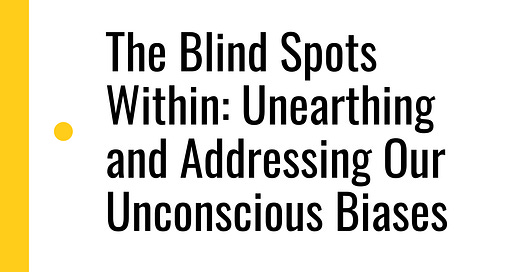

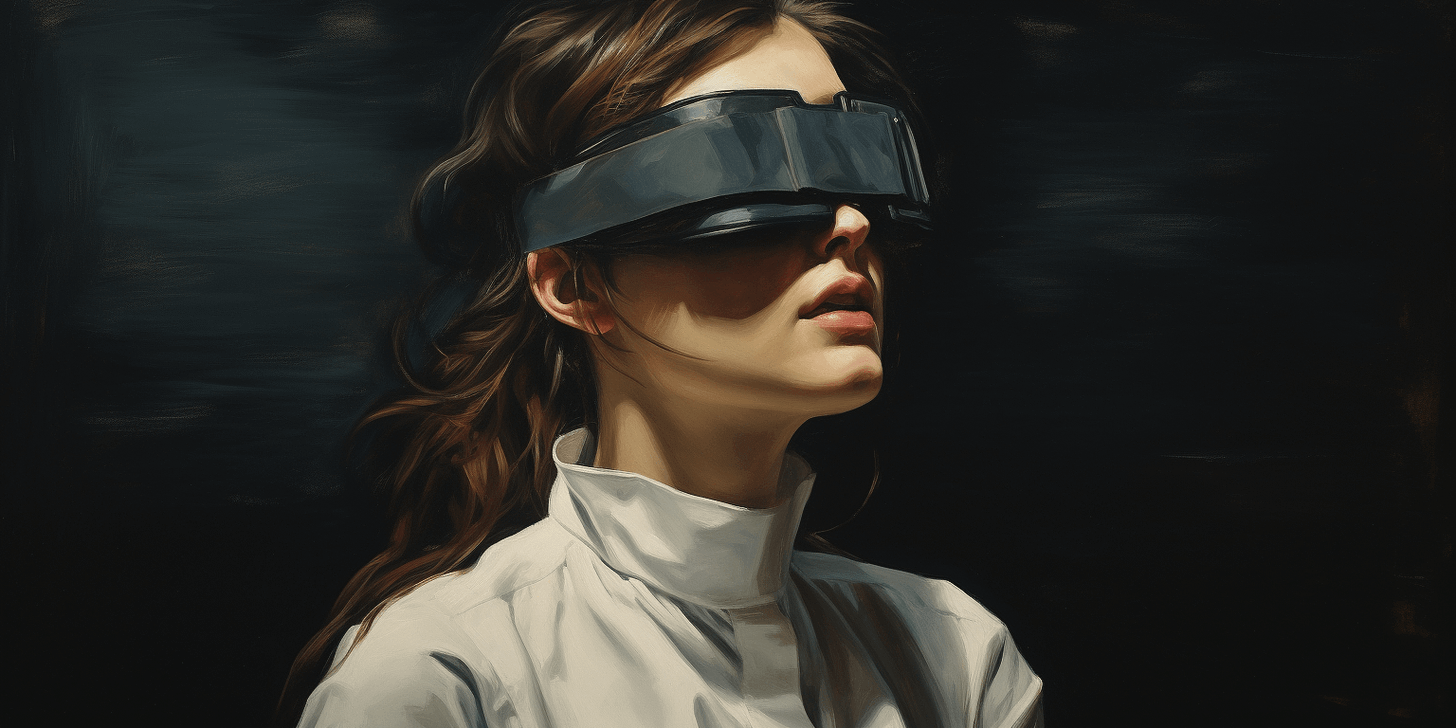


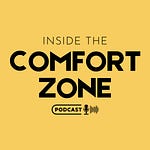
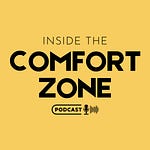
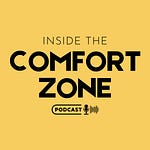
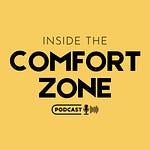

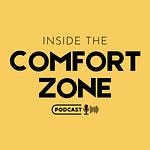
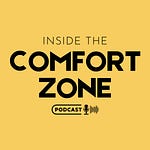
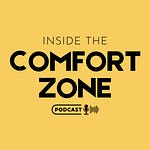
Share this post